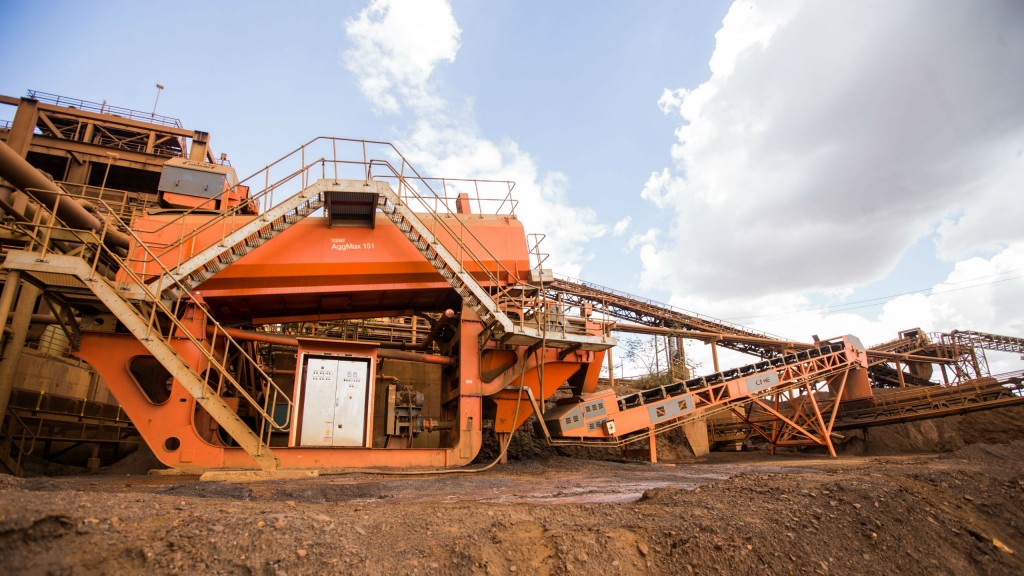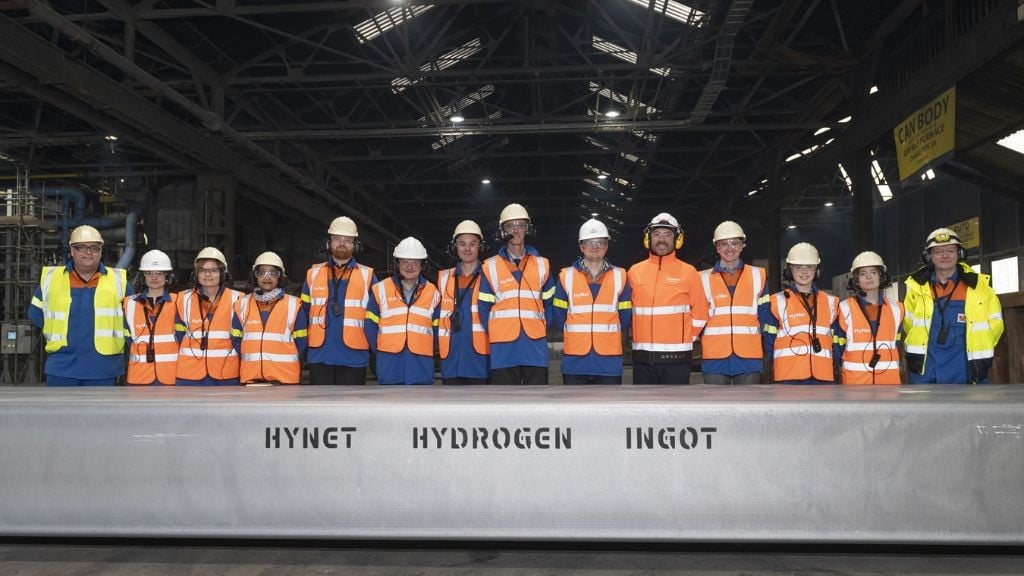CDE provides two processing plants to upgrade iron ore waste dumps for Australian mining company
Project to convert almost 17 million tons of low-grade iron ore fines into saleable product

CDE Mining has announced a new project with Australian company Arrium Mining to process almost 17 million tons of low grade iron ore fines currently stockpiled in waste dumps and convert it into saleable product. The investment involves the provision of two new processing plants in Australia. The first new plant is to be located at Arrium Mining’s Iron Knob mining location processing the substantive stockpiles of low grade iron ore that have accumulated over the life of the mining of the Iron Monarch and Iron Princess deposits - mining of the Iron Monarch first commenced in 1899.
Following processing of the low grade dumps from the Iron Monarch and Iron Princess deposits the new processing plant will target the processing of the local scree ore deposit. The second plant will be installed at the Iron Baron mining location, and similar to the Iron Knob, will process low grade iron ore stockpiled over the history of mining since 1930, and then progress into the Iron Empress and Iron Baroness Scree ore deposits in this region.
The first plant at the Iron Monarch deposit will have an annual processing capacity of 1.8 million tons. The feed rate for the plant is 250 tons per hour and it will run for 24 hours per day, 365 days per year. The second plant will be integrated into the front end of an existing gravity separation circuit, and will be fed at a rate of 700 tons per hour for an annual processing capacity of 6.1 million tons.
The upgrading of the Fe content of the low grade dumps will be achieved by efficiently removing silica (Si02) and alumina (AI203) from the feed material. Silica levels in the feed material range from 14% to 20% and this is expected to be reduced to 6.4% after processing. Alumina levels range from 5.9% to 8.8% in the feed material and will be reduced to 2.8% after processing. The plant will also remove clays from the feed material and the combined effect will see the Fe content increase from between 43.4% and 52.7% in the feed to nominally a 60% iron ore product.
“There are several attrition stages built into the plants to ensure we are able to remove the silica, alumina and clay contamination effectively and deliver a final product to the specification required by Arrium Mining” explains Chris McKeown, Technical Manager with CDE Mining. “A large part of this work is done by our AggMax modular logwasher.”
The modular nature of the plant offered by CDE was a large factor in winning this project as Gavin Hobart, General Manager Development with Arrium Mining explains. “We visited several CDE projects in Australia, Norway, UK and Brazil and observed how the AggMax had been applied successfully on similar projects. This gave us confidence that it provided an innovative way to tackle clay bound materials. We were also impressed by the fact that the time required for installation and commissioning of the plant is reduced as a result of the integration of several processing phases onto one machine.”
The processing plant includes a range of equipment from the CDE Mining product portfolio including the M-Series modular washing plant, AggMax modular logwasher, EvoWash fine washing plant, spirals, jigs, ShearClean attrition cells, transfer conveyors and radial stockpile conveyors. The plant also includes a tailings management system which allows for the concentration of the 0-3mm rejects into a sludge that is then pumped to the tailings dams. This tailings management system also facilitates the recycling of up to 90% of process water.
“The provision of a tried and tested tailings management system was a critical element of this project” explains Gavin Hobart. “It is essential that we are able to recycle and re-use large volumes of process water as access to fresh supplies are limited.”
According to CDE, this project represents a new approach to mining projects like this. “The modular nature of our equipment has a number of benefits” explains Chris McKeown. “The time required for installation and commissioning is reduced, transfer point efficiency is improved and the overall environmental impact of the project is reduced. The plant can also be accommodated in much less space than is the case when the stick build approach is used.”
In addition to the processing plant the contract with CDE Mining also includes a Preventative Maintenance programme delivered by CDE CustomCare. This not only ensures the availability of critical spares on site but provides for regular plant audits by CDE service engineers to ensure performance requirements are maintained.



